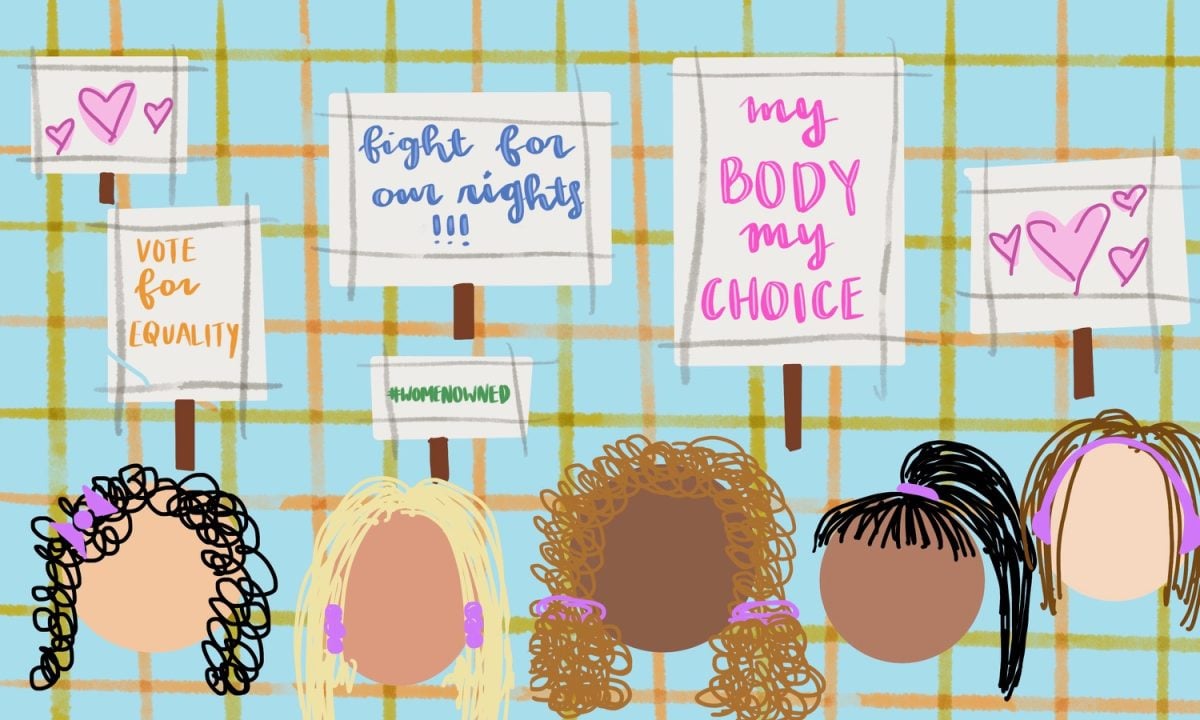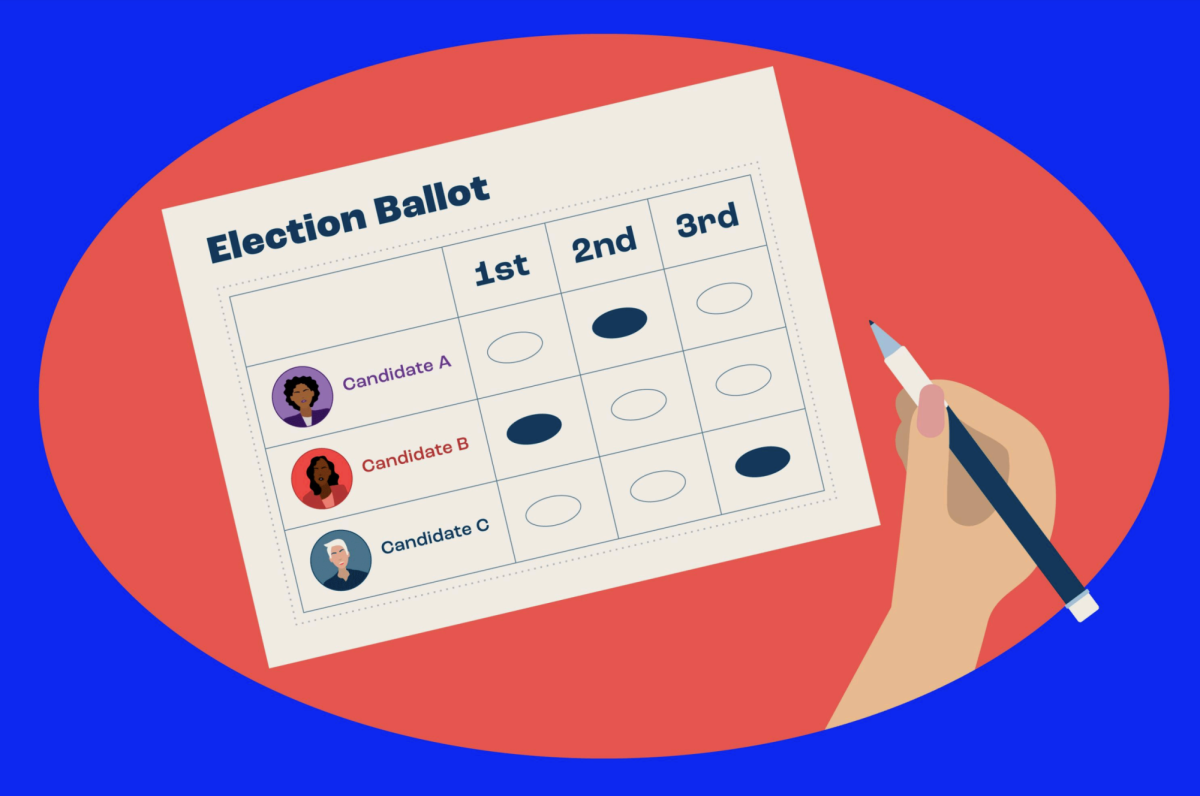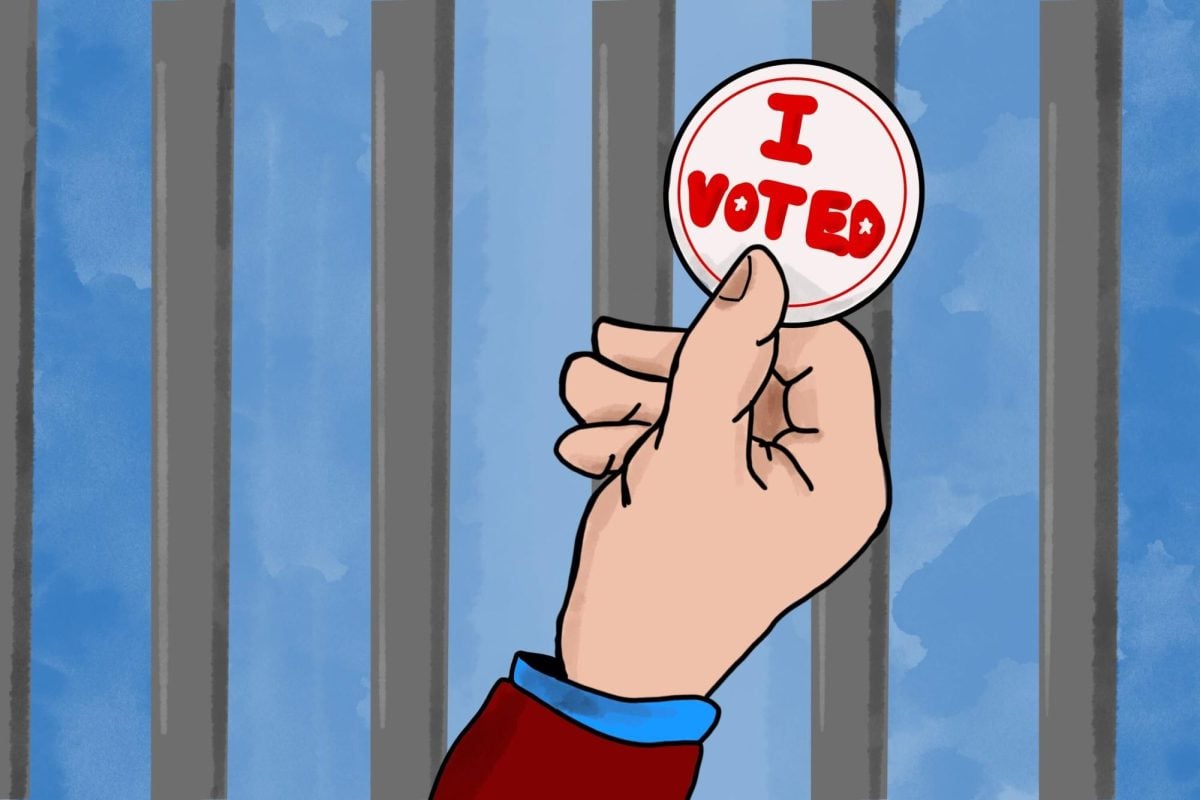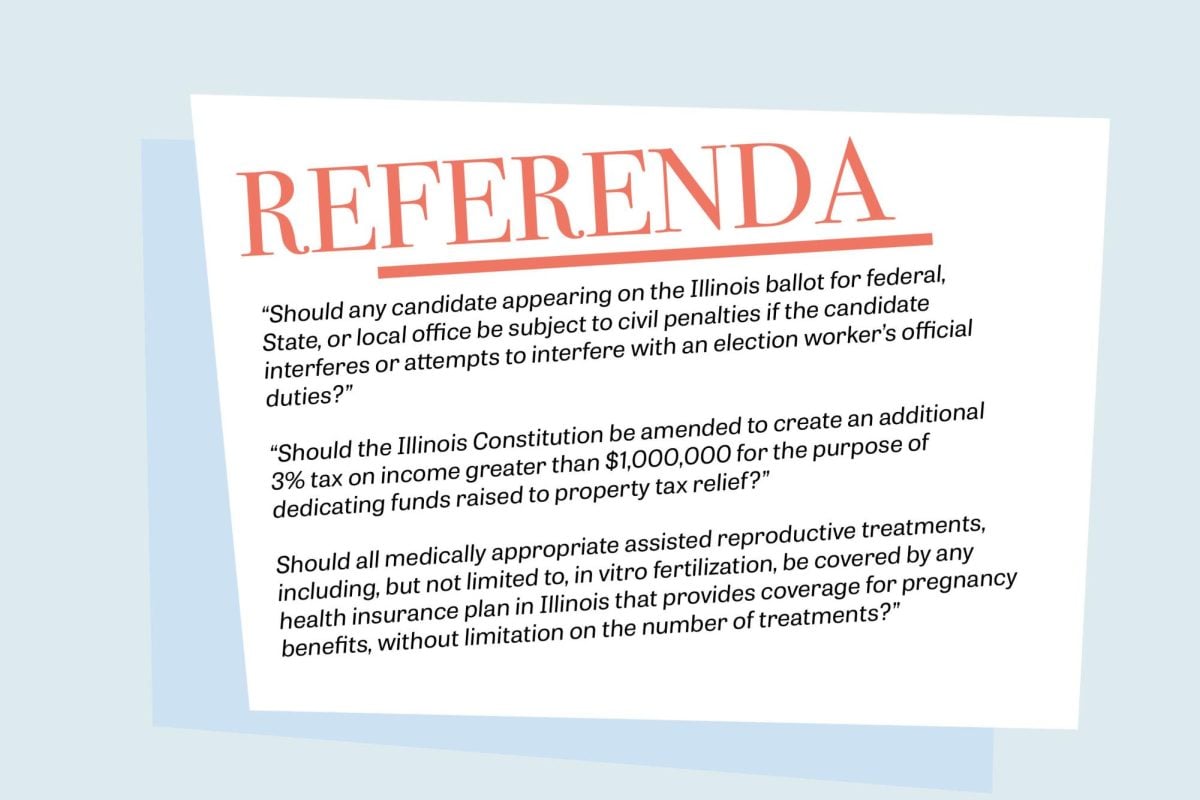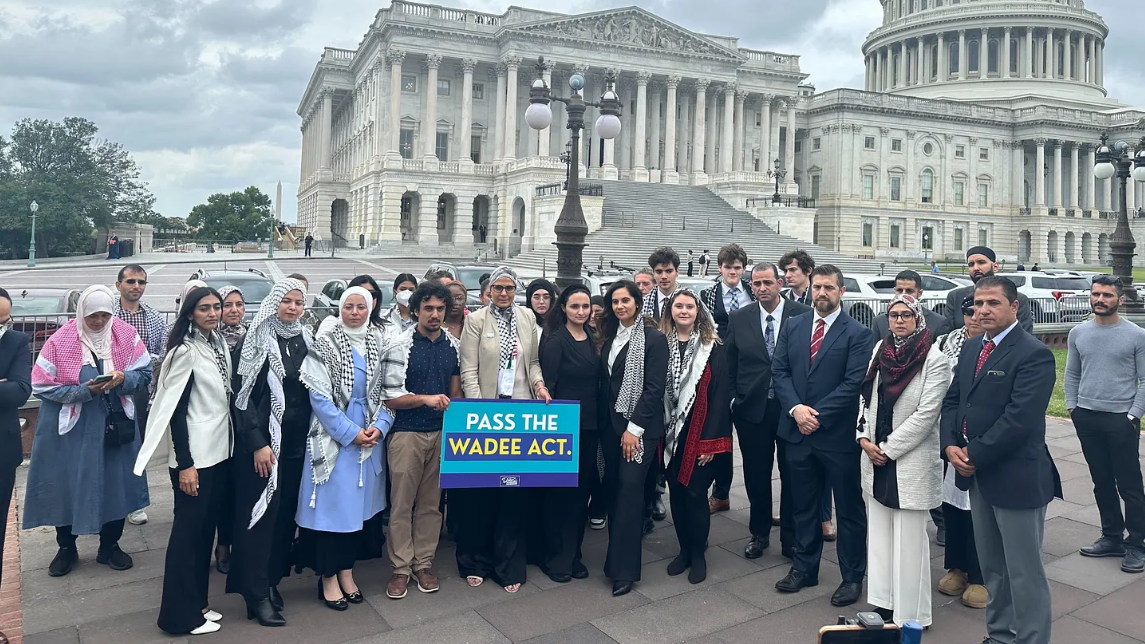As the Republican primary season kicks into full swing, a new slate of voting requirements around the country will influence the 2012 presidential election and beyond.
In about two weeks, a U.S. Senate subcommittee will conduct a hearing on Florida’s new election law, which restricted voting registration drives and reduced early voting periods from 14 to eight days. Seven other states already require a government-issued ID such as a state driver’s license or passport to vote and 27 more are considering similar measures – moves critics say will disproportionately impact minority groups and students who may not have either.
More than five million voters this year could be turned away at the polls under the new laws, according to statistics released Oct. 3 by the Brennan Center for Justice at New York University School of Law, a non-partisan public policy institute.
“It’s probably the most dramatic assault on voting rights we’ve seen in a number of years,” said Jonathan Brater, a counsel at the Brennan Center. “It’s going to have a major effect.”
The issue has come under fire for being discriminatory and divisive, especially as political parties gear up for the 2012 presidential race. Democrats have alleged many of the laws – passed by state Republican legislatures – are designed to prevent young people and minorities from voting, since both groups lean left. Republicans have struck back, arguing the newly-passed requirements will curb widespread voter fraud.
Northwestern political science Prof. Kenneth Janda, said he agreed the laws are likely politically charged.
“The real question is, ‘Is there a partisan bias in the direction of the requirements?'” Janda said. “I suspect, and I think most research will show, there tends to be a slight partisan bias that discourages people who otherwise would have voted Democratic from voting, more so than those people who would otherwise be likely to vote Republican.”
The new legislation marks a significant departure from previous election laws, he said. In the past, voters could claim voting eligibility through a variety of means – even by supplying an electric bill as evidence of their name and address.
The controversy surrounding the new voting legislation is “almost a uniquely American problem,” Janda added.
“Voting registration in most other advanced democracies is a function of the state, not the individual,” he said. “The state maintains the voting registration and you just show up, and you’re able to vote. In the United States, they make it a very high-initiative kind of act.”
No laws regarding voting requirements in Illinois have come up for a vote, state Rep. Daniel Biss (D-Evanston) said.
A good electoral system, he said, is comprised of integrity and participation, adding the wave of new voting requirements thwarts the success of true democracy.
“Look at our turnout numbers, look how they track with socioeconomic status, look how they track with race, look how they track with geography,” Biss said. “When you look at the system, you say, ‘Well, we might have very modest integrity problems, but we have huge participation and access problems’… It starts to seem pretty weird that there’s a nationwide coordinated effort on the integrity side when everybody knows it’s going to hurt participation.”
Jan Dorner, president of the League of Women Voters of Illinois, also denounced the new voting laws enacted by some states, while downplaying the likelihood of similar proposals to pass in Illinois.
“I am optimistic they will not go anywhere here in Illinois,” said Dorner, whose non-partisan organization is dedicated to education, issue advocacy and citizen participation. “It’s not as huge an issue as it is elsewhere,” Dorner said.
One bill in the Illinois House, introduced for the third time in February, would have reduced the time to submit voter registration materials from seven to two days. Its sponsor, Rep. Chapin Rose (R-Charleston), confirmed HB 1482 is now dead, adding that he does not believe Illinois would ever pass a comparable policy.
Rose said he introduced the bill to expedite the submission of voter materials, a mechanism that would ensure people’s personal information remains private and protect their right to vote.
“We had an issue in Champaign County where the people didn’t turn (voting cards) in on time,” he said. “I think it’s perfectly appropriate that the cards be returned in a timely fashion.”
The bill could be likened to a recently-signed Florida law that requires voter registration forms to be turned in within two days, down from 10 days.
That change forced Rock the Vote and the League of Women Voters - third-party registration groups – to suspend their registration activities in the state because of harsh penalties they could face for not complying with the stricter deadlines. The two groups, in conjunction with the Florida Public Interest Research group, filed a lawsuit Dec. 15 against the new law, labeling the law as onerous for voter registration drives.
“The (Florida) law will not allow us to run those voter registration drives like we’ve done for more than 20 years,” said Chrissy Faessen, vice president for communications and marketing for Rock the Vote.
Other legislation that calls for a government-issued ID to vote has been controversial, even spurring action at the national level. The Justice Department on Dec. 23 blocked parts of South Carolina’s new voting ID law – which does not allow voting without a state-approved photo ID – with the reasoning that it would depress minority turnout at the polls.
The photo ID laws have also been noted to particularly affect students. Eighteen percent of Americans 18 to 24 lack identification that displays their name and current address on it, Brater said.
Many of the laws have been understood to mean an out-of-state driver’s license is not a valid form of identification.
Jon Rogowski, a Ph.D. candidate studying voting and elections at the University of Chicago, said he agreed the ID legislation is burdensome for students, adding its effects will run deep in state and local elections.
“Students that live out of state are going to be especially at a disadvantage because some laws require they switch their voters’ license into the state in which they’re voting,” Rogowski said.
But some say the changes are designed to curb voter fraud and promote confidence in the election process – both crucial in elections with close outcomes.
Northwestern alumnus Adam Seidel (Weinberg ’11) and former executive vice president of the university’s College Republicans chapter said the laws reflect public opinion and a desire to promote
confidence in the election process.
Seidel cited the recount of Wisconsin’s state Supreme Court Justice election in May 2011 as an example of when both parties were unhappy with the inconclusive election results.
“The people speak and our government is just absolutely in the cellar,” Seidel said. “We can’t start to rebuild that unless we have situations where there’s close elections people feel confident that it’s a fair outcome.”
If students are concerned about not having a proper ID, Seidel said, they should vote absentee and register in their home states.
“Most of the students that I knew that were politically aware were voting absentee anyway, and it shouldn’t really affect them,” Seidel said.
Blair Garber, committeeman for the Cook County Republican party, said Illinois’ mail-in voter system, in which voters can register and vote by mail, greatly increases the potential for fraud in elections in the state.
The widespread accessibility of state ID cards and drivers’ licenses should not deter people from the polls, Garber added.
“You got a photo ID to get into the library, right?” he said. “It’s not really a burden, is it?”
But others respond by saying there have been no substantive cases of voter fraud.
“There’s virtually no documented instances of someone actually going into a polling place and pretending to be someone they’re not,” said Brater, the Brennan Center counsel.
Faessen, who said she believes the voting requirement laws have greatly expanded in scope, said America’s consciousness of the legislation must be raised – especially for younger voters.
“In terms of a national issue, I don’t think it’s raised that level of awareness on their radar screen,” she said. “The laws have been creeping up, and they’re now getting broader. So we just need to take it from cable news into social media and other platforms that young people are paying attention to.”






